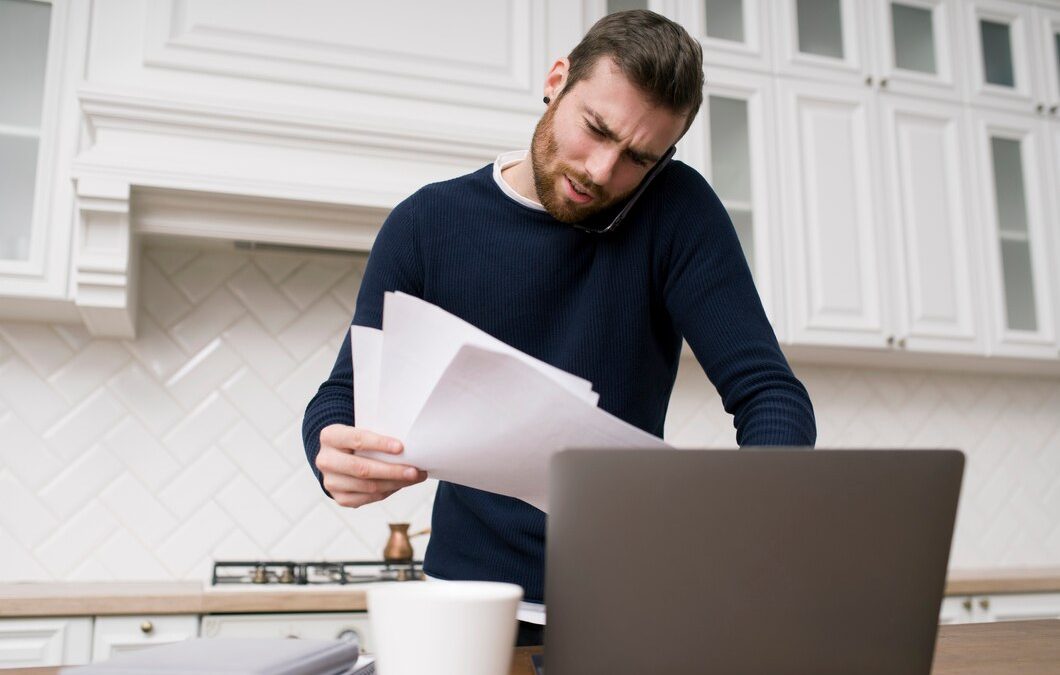Have you noticed that your water bill is higher than usual? A sudden spike in your water bill can be frustrating and confusing. There are various reasons why this might happen, and understanding these reasons can help you take the right steps to fix the problem.
Some common causes include leaking faucets, running toilets, and even high water usage during certain times of the year. Small leaks can add up and lead to a significant increase in your water bill. These issues are often easy to fix once identified, making it crucial to regularly check your plumbing system.
If you’re wondering why your water bill has increased and how you can bring it back down, you’re in the right place. In this article, we’ll explore the common reasons for a high water bill and provide practical solutions to help you save water and money. Taking action now will not only give you peace of mind but also contribute to conserving water, which is essential for the environment.
Common Causes of High Water Bills
Several factors can lead to a high water bill. Understanding these common causes can help you identify and address the problem more effectively. One major cause is leaking faucets. Even a small drip from a faucet can waste gallons of water over time. Repairing or replacing faulty faucets can significantly lower your water usage.
Running toilets are another culprit. If your toilet continues to run after flushing, it can waste large amounts of water. The flapper inside the tank might be worn out and need replacement. This is an easy fix that can make a big difference in your water consumption.
Seasonal changes can also affect your water bill. For example, using more water for outdoor activities like watering your lawn or filling a pool during the summer can lead to higher bills. Be mindful of your water-using habits and look for ways to conserve water, especially during peak usage times.
How to Identify Water Leaks in Your Home
Detecting water leaks early can prevent them from turning into bigger problems. Start by checking your water meter. Take a reading, wait a few hours without using any water, and then check the meter again. If the reading has changed, you likely have a leak.
Inspect common areas for leaks, such as under sinks, around toilets, and where pipes enter and exit your house. Look for damp spots, water stains, or pooling water. Listen for dripping sounds or running water when no fixtures are in use. These signs can help you pinpoint the source of the leak.
Another effective method is the dye test for toilets. Add a few drops of food coloring to the tank and wait about 15 minutes. If colored water appears in the bowl without flushing, you have a leak. Identifying and fixing these leaks quickly can save you money and conserve water.
Simple Fixes to Reduce Your Water Usage
Lowering your water bill can be as simple as making a few changes around your home. Start by fixing any leaks you’ve identified. Even small leaks can waste a lot of water over time, so repairing dripping faucets, running toilets, and leaking pipes can make a significant difference.
Another easy fix is to install water-saving devices like low-flow showerheads, faucet aerators, and high-efficiency toilets. These devices reduce water flow without compromising performance, helping you save water every time you turn on the tap or flush the toilet.
Be mindful of your daily water usage. Simple habits like turning off the tap while brushing your teeth, taking shorter showers, and only running the dishwasher or washing machine when full can also contribute to significant savings. Watering your lawn in the early morning or late evening can reduce evaporation, ensuring more water goes to your plants and less is wasted.
When to Call a Professional Plumber for Help
Sometimes, despite your best efforts, you may need professional help to resolve plumbing issues. If you have a persistent leak that you can’t locate, it’s time to call a plumber. Plumbers have the tools and expertise to find hidden leaks behind walls, under floors, and in other hard-to-reach places.
Major plumbing problems, such as a burst pipe or a sewer line backup, should also be handled by a professional. These issues can cause extensive damage to your home if not addressed quickly and correctly. A plumber can provide a thorough inspection and recommend the best course of action to fix the problem and prevent future issues.
If you’ve implemented various water-saving measures and still notice a high water bill, professional guidance can be invaluable. A plumber can identify underlying issues in your plumbing system that may not be apparent, ensuring your home is water-efficient and your bill remains manageable.
Conclusion
Understanding and addressing the reasons behind a high water bill can save you money and help conserve water. From identifying common causes of increased water usage to implementing simple fixes, there are many steps you can take to resolve the issue. Regularly checking for leaks and making mindful adjustments to your water usage habits are crucial first steps.
However, sometimes professional intervention is necessary. Calling a plumber for persistent issues or major plumbing problems ensures they are resolved correctly and efficiently. By taking these actions, you can keep your water bill under control and maintain a well-functioning plumbing system.
If you need expert assistance with your plumbing, don’t hesitate to contact Midlothian Plumbing. Our experienced team is ready to help you identify and fix any issues, ensuring your home stays water-efficient and your water bill stays manageable. Call our local plumbers in Midlothian, TX today to schedule your service!


